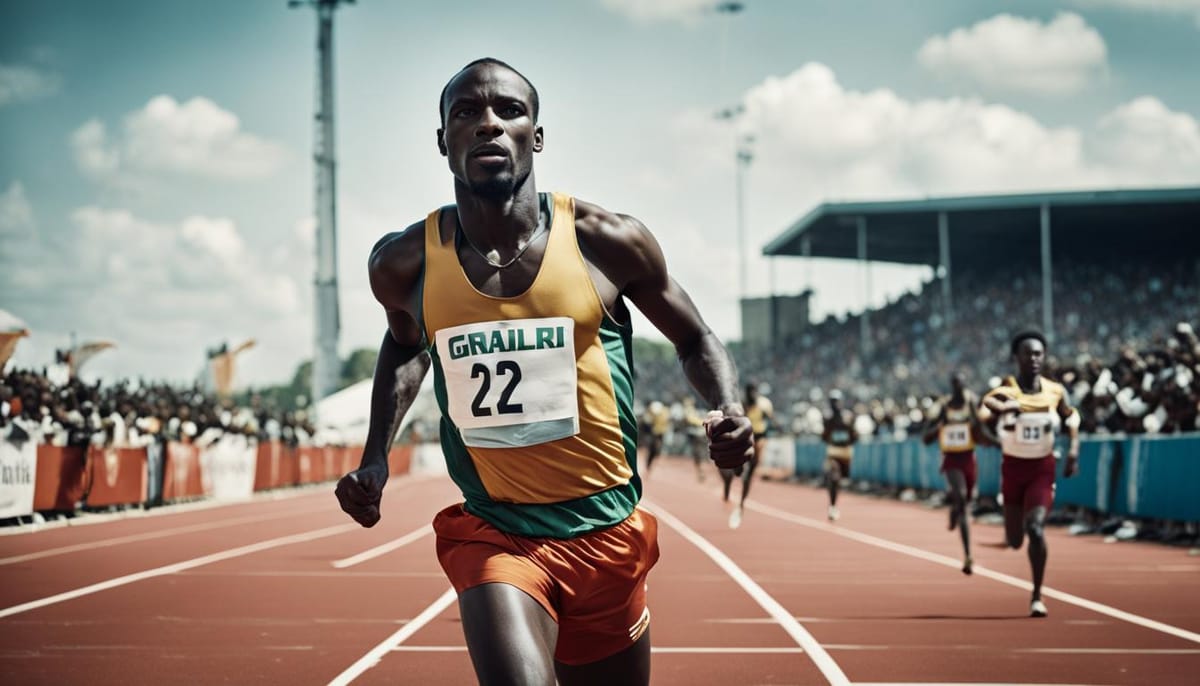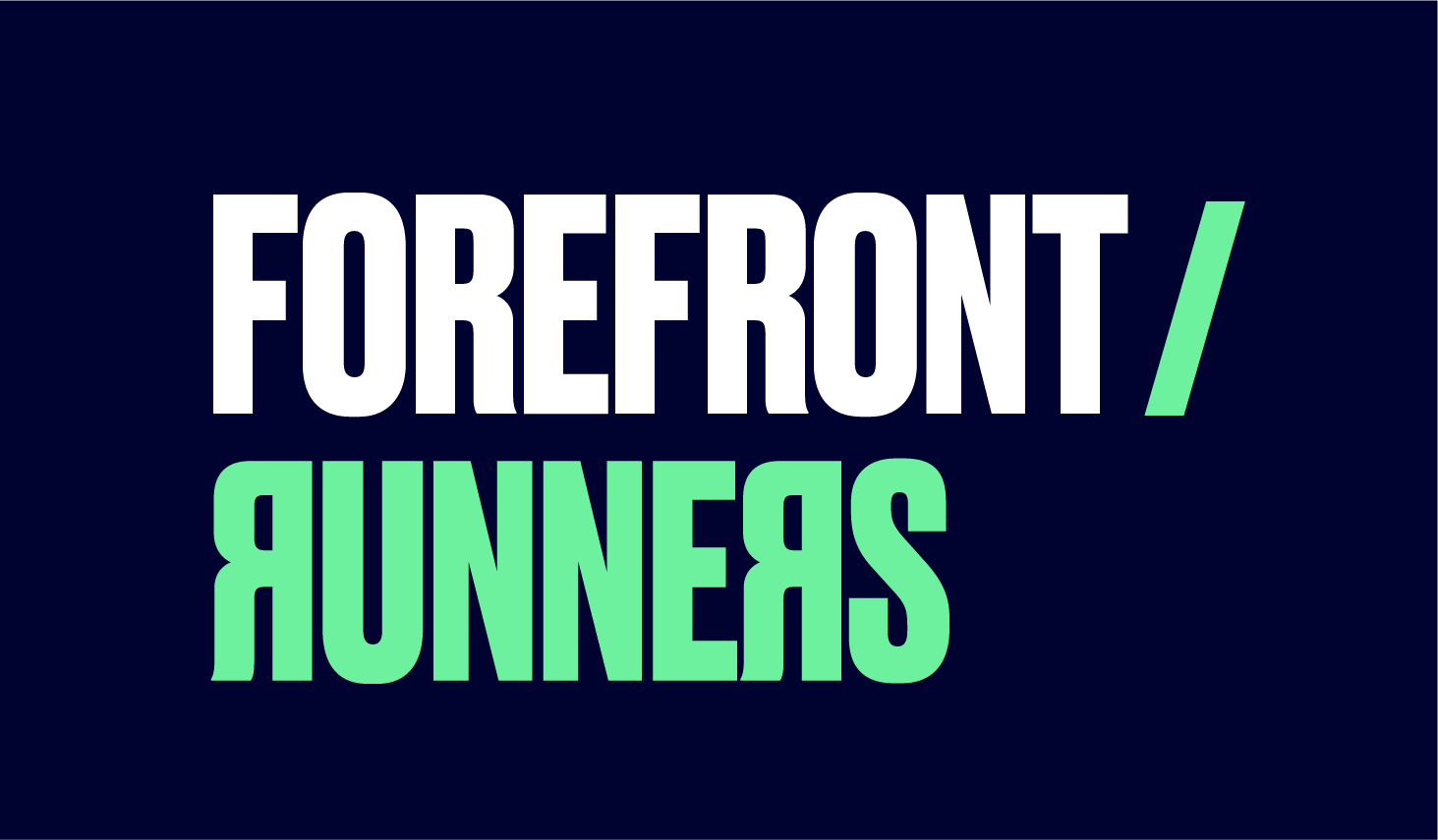Exploring Africa: The Emerging Sports Hotspot for Business.

Since the inauguration of NBA Africa in 2021, Commissioner Adam Silver has been vocal about the potential for basketball to ascend as a leading sport in Africa within the coming decade. A colossal venture valued at $1 billion, NBA Africa, a collaboration between the NBA and FIBA, not only oversees the league's business and operations but also manages the Basketball Africa League along with its media rights and other key aspects.
Recent times have witnessed other renowned sports entities making significant inroads into Africa's sports landscape. La Liga established a presence in South Africa, the NFL initiated player camps and events, and both Formula 1 together with Lewis Hamilton leading the charge for this to happen and Formula E have set their sights on hosting major events in the region.
In addition, there has been a notable increase in the visibility and achievements of African athletes in a wide range of sporting disciplines. These exceptional athletes have not only excelled in track and field competitions as well as marathons but have also made significant advancements in boxing, cycling and many other sports too.
Despite the challenges of funding and opportunity, these athletes persistently shatter barriers, redefine norms, and serve as a source of inspiration for millions of fans across the globe as well as the next generation of athletes from Africa.
What attributes make this region particularly alluring?
Bounty of Talent: Africa boasts a rich lineage of sports luminaries, spanning from football icons like Zinedine Zidane and Didier Drogba to basketball sensations like Giannis Antetokounmpo and NFL champions such as Osi Umenyiora. Beyond these team sports, record-breaking performances in a multitude of recent marathons as well as at World Road Running and Athletics and Swimming Championships to highlight a few of the individual athlete sport sensations. Many of these stellar athletes either hail directly from African nations or have roots deeply embedded in them.
France's triumphant 2018 FIFA World Cup team showcased the influence of African heritage, with 15 players tracing their roots to the continent. This trend persists in the current team, dominated by first-generation migrants or descendants of African origin.
Programs like the NBA's Basketball Without Borders and the NFL's International Player Pathway serve as conduits for unearthing talent. Joel Embiid's journey from a BWB clinic in Cameroon to professional stardom in the U.S. exemplifies the impact of these initiatives.
The NFL's International Player Pathway recently saw a significant influx of Nigerian talent, with six out of 11 selected players coming from Nigeria, highlighting the wealth of potential waiting to be discovered. Presently, over 110 African athletes are actively participating in the NFL.
As long as Africa continues to produce exceptional talent, sports franchises and leagues will consistently invest resources into scouting and nurturing these gifted individuals. However, it's not solely about raw talent.
Compelling Demographic: Africa's macro and demographic landscape sets it apart from other markets. With approximately 70% of its population under 30 years old, Africa boasts the world's youngest populace. The median age of 18 starkly contrasts with figures from Asia (~32) and North America (~38.6).
This youth bulge presents an unprecedented opportunity for brands to establish enduring connections with the younger demographic, thereby enhancing their Lifetime Value (LTV) from a business and marketing standpoint.
Africa stands as the second most populous continent, harboring 1.4 billion people, trailing only Asia in sheer numbers. Projections by the WEF suggest that by 2030, one in every five individuals on the planet will be African. Additionally, Africa's collective economy is forecasted to surpass that of the European Union by 2050.
Moreover, Africa's rapid embrace of mobile technology and the consequent proliferation of internet access present a compelling avenue for engaging with a young, connected audience set for exponential growth.
The prospect of utilizing sports as a means to forge enduring bonds with a youthful, expanding demographic holds immense appeal. Furthermore, Africa's sports market, despite its potential, remains relatively undervalued and accessible, owing to various factors ranging from mismanagement to corruption.
Positive Outlook: Africa's foray into global sports prominence has seen significant strides. Notable successes include South Africa hosting the men's World Cup in 2010 and presently bidding for the women's edition in 2027.
Countries like Rwanda and Senegal are actively investing in infrastructure, evident in the construction of the Kigali Arena, a $104 million stadium designated for the Basketball Africa League, and the Dakar Arena boasting a capacity of 15,000 seats. Also Ghana is set to build a 50,000-seat stadium for the 2023 African Games in March 2024.
The Confederation of African Football (CAF), in partnership with FIFA, recently concluded the inaugural African Football League, a prestigious tournament aimed at attracting commercial partners like Saudi and Rwanda tourism boards, as well as Total Energies, and elevating the quality and entertainment value of the sport in Africa
The aspiration is clear: to ensure that African football is administered and operated at par with the professional standards upheld by other confederations like UEFA, CONMEBOL, and CONCACAF in terms of ethics, governance, and overall management.
Full Potential of Athletes: The toughest challenge facing African athletes is that of funding and the opportunity to participate in international competitions. This is particularly true in Africa, where even athletes competing in their national teams are forced to self-fund the costs associated with this participation.
With the Paris 2024 Olympic Games on the horizon, the timing could not be more opportune to activate a collective movement that will make a significant impact on the next generation of athletes, in the lead-up to LA2028 and beyond.
The soon to be launched Podium Pursuit Collective brings together more than 4,000 top performing athletes from fifty-four African nations across thirty-six sports codes, their thirty-million fans globally and a network of purpose-led brands that are passionate about seeing more African athletes on the podiums of the World’s biggest sporting events.
At the heart of The Podium Pursuit Collective is an independent and transparent fan-owned Athlete Impact Fund - built on the Blockchain and by tokenizing real-world assets (RWA). By combining the power of blockchain technology and tokenization, we are unlocking a new era of secure, transparent, and accessible investment that provides liquidity, flexibility, and the potential for capital appreciation for fans of athletes from Africa.
Blockchain technology provides transparency and security and the tokenization of investments opens up new avenues for liquidity and the potential for capital appreciation for Fan Investors in its Athlete Impact Fund.
Conclusion: Africa's ascent as a sports hotspot isn't just about potential—it's a story of resilience and determination. While strides have been made in uncovering talent through programs like Basketball Without Borders and the International Player Pathway, challenges persist, notably in funding and global participation for athletes.
The Podium Pursuit Collective is a beacon of hope, uniting athletes, fans, and brands to empower the next generation. With innovations like the Athlete Impact Fund leveraging blockchain technology, it aims to democratize investment and provide opportunities for fans to support African athletes. As Paris 2024 approaches, this initiative promises to propel African athletes onto global stages, forging a legacy that extends far beyond individual competitions.
This insight is co-written with Rebecca Eliot, Podium Pursuit Collective's founder.
